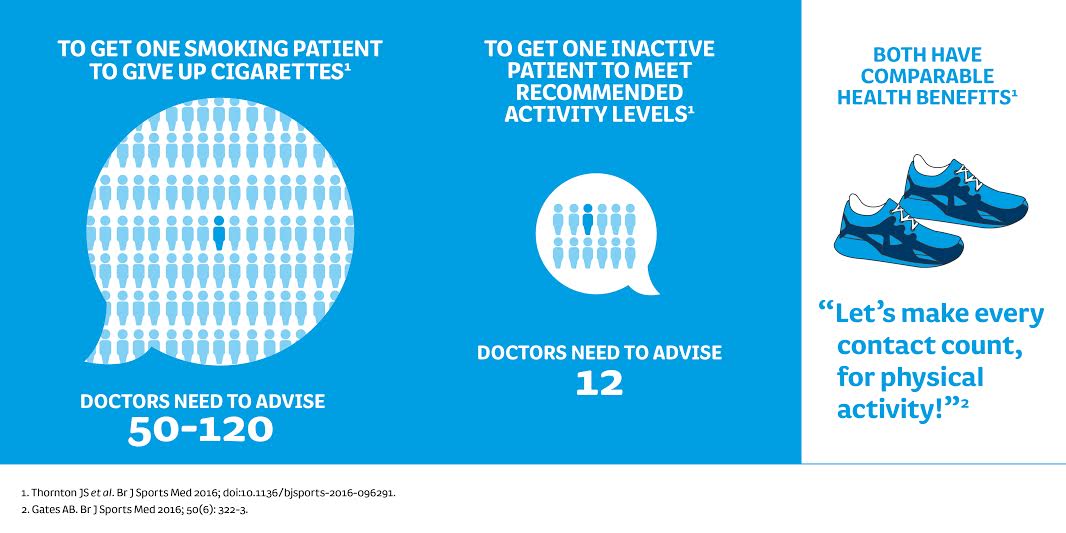 In 2015 the ERDP funded a development project looking at the influences of clinical teachers on GP Trainees choice of career. The findings highlighted denigration of GP as a career as a problem and it was reported that this starts as an undergraduate student.
In 2015 the ERDP funded a development project looking at the influences of clinical teachers on GP Trainees choice of career. The findings highlighted denigration of GP as a career as a problem and it was reported that this starts as an undergraduate student.
Our aim in this follow up ERDP funded project was to explore comments about GP as a career made by clinical teachers to medical students so that we start to understand the current difficulties in recruitment to GP training better and work on ways that those difficulties might be addressed.
Methods
This was a qualitative, explorative study. Data was collected by conducting two focus groups of Medical Students who were undertaking an SSC in GP at Newcastle Medical School.
A semi structured interview format was utilised. They were digitally recorded and professionally transcribed. Results were analysed using thematic analysis.
Results
The study confirmed that students hear comments from clinical teachers which denigrate General Practice as a career. The nature of these comments are consistent with those reported in other work to date.
Themes identified consisted of: the individual, the curriculum and culture in the Medical profession. These were used to postulate a model which may explain why negative comments shape a students’ perception of GP.
Conclusion
Denigration of GP is an ongoing problem with the Medical profession and strategies to address it must be developed or recruitment to the specialty will continue to decline. This study suggests a model which can help to understand the complex relationship between different factors which result in negative comments being taken on board by a student.
Emmet Carlin & Hugh Alberti, School of Medical Education


